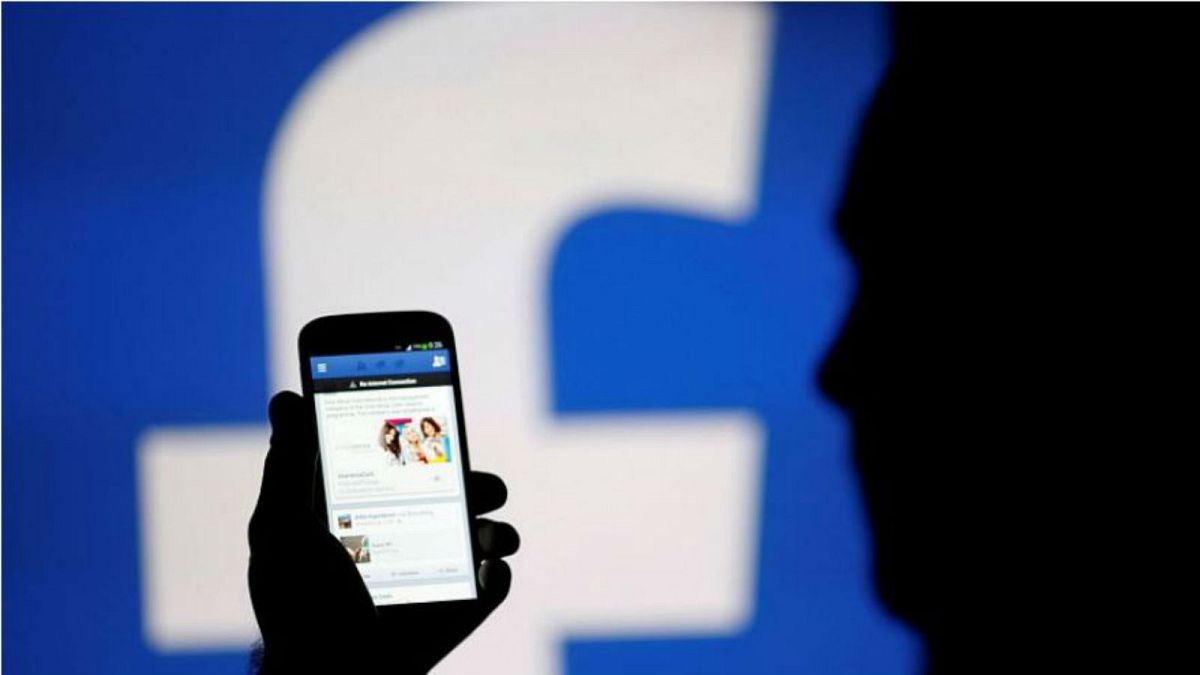Facebook launches European digital hubs in a bid to boost its community credentials. The centres, based in Poland, Spain and Italy, will be dedicated to teaching digital skills to underrepresented members of the population.
Facebook has launched a new European digital skills training programme, aimed at teaching 300,000 people internet skills, media literacy and online safety by 2020. The programme will be delivered in person from three community skills hubs based in Poland, Italy and Spain, but will also operate online across the UK, Germany and France.
Reputational damage
Arguably, this emphasis on building communities is necessary to repair the damage to the platform’s reputation inflicted by those who used it to peddle Russian-sponsored fake news stories in the run up to the US presidential election and the UK Brexit referendum. Facebook has always advertised itself as giving “people the power to build community and bring the world closer together”. Lawmakers around the world, however, argue that, recently, its algorithms have had precisely the opposite effect.
Facebook founder and CEO Mark Zuckerberg was reportedly upset once it became clear quite how extensively his platform had been manipulated to sow division and mutual mistrust. Since the middle of 2017, he has announced a raft of measures designed to atone for the company’s past oversights. “I want to be clear about what our priority is,” he announced in a January post: “Protecting our community is more important than maximizing our profits”.
Community boost
The new European initiative forms part of the company’s “community boost” digital skills training programme, which will also see Facebook tour 30 US cities in 2018. It aims to reach groups “underrepresented” in the digital realm, particularly the elderly, refugees and underprivileged young people. In Europe, of the 300,00-strong target audience, 75,000 people will be trained in person at one of the three hubs. The remainder, who will presumably have some basic level of IT literacy, will be trained online. The programme will be delivered for free, though of course Facebook may hope to gain some new users.
Facebook is collaborating with digital upskilling company, Freeformers, to provide the training to approximately 50,000 people in each of the six target EU countries. The idea is to tailor the provision to each individual, meaning that some people will be tackling advanced coding, whilst others may be learning something as simple as how to open an online bank account. The platform will also work with local partners to set up the Polish, Italian and Spanish hubs in as yet undisclosed locations.
The company’s approach is based on that taken by the ReDI School of Digital Integration in Berlin, which works in particular with refugees to give them the digital skills they need to thrive and compete in a modern workplace.
Fake news?
Admirable though this might be, what does it have to do with fake news? The idea is that, by developing digital media literacy, users will be less credulous when faced with false information. And perhaps it is also an acknowledgement by Facebook that, although online communities can be enriching places, there is no substitute for the physical hub, a place where real people can switch on, yes, but also grab a cup of coffee and a chat with a real-life mentor.
